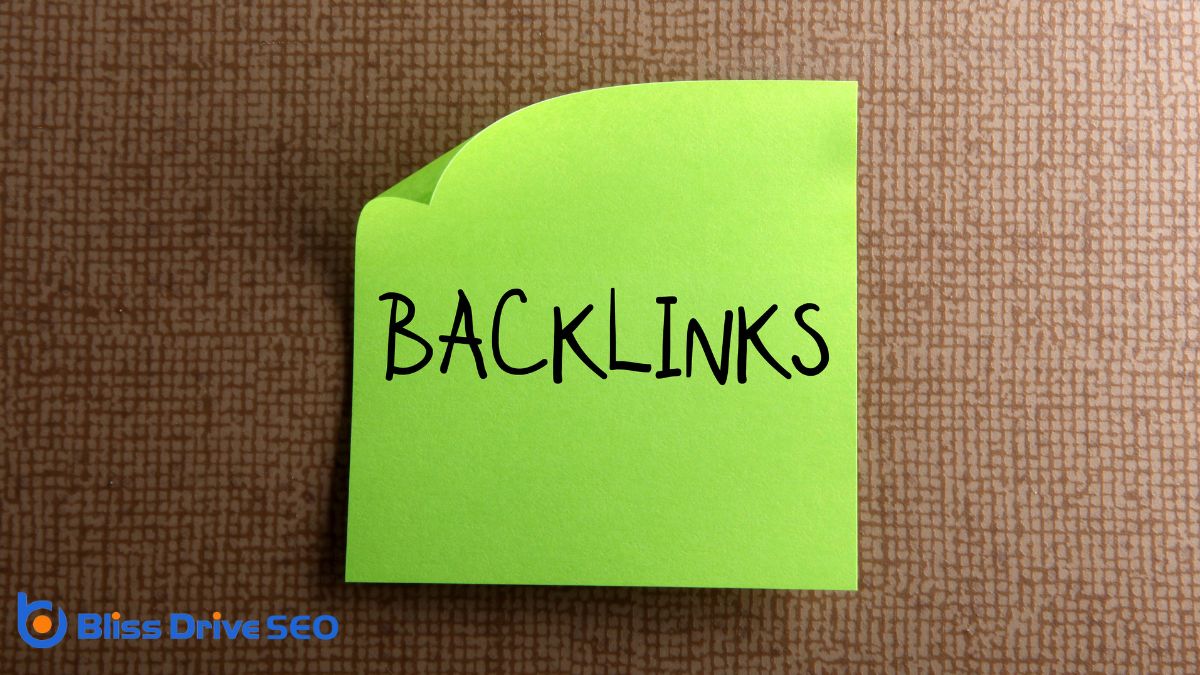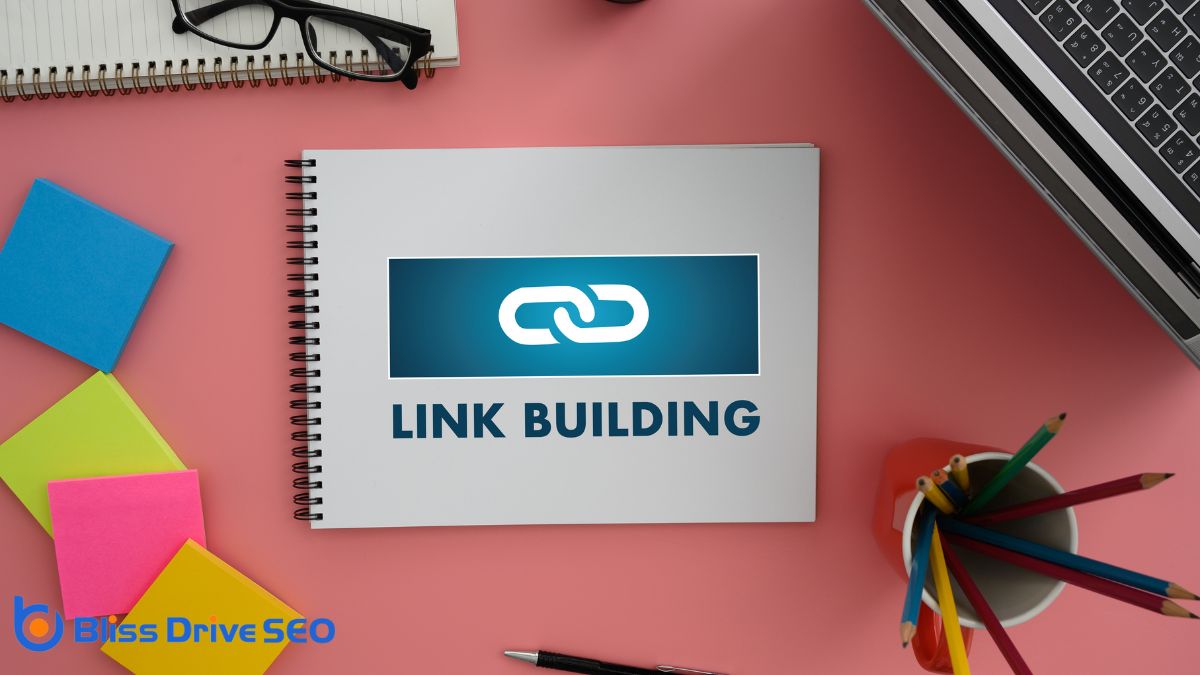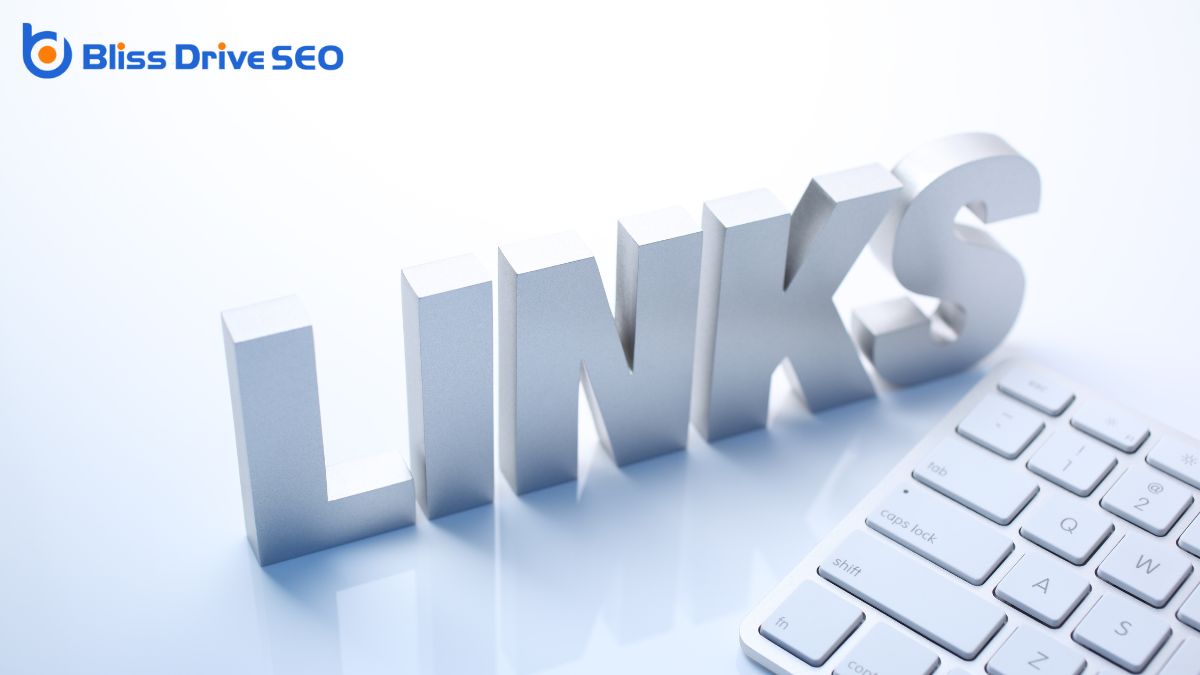Digital Marketing Services
Learn More About Us

When managing your website's SEO, understanding which backlinksLinks from other websites pointing to your website, crucial for SEO. to avoid is just as crucial as knowing which to pursue. Have you ever wondered how certain backlinks could undermine your online reputation? Consider the impacts of links from spammy networks or paid schemes. They're not just risky; they can leadA potential customer referred by an affiliate who has shown interest in the product or service but h... to severe penalties from search engines. But that's just the tip of the iceberg. There's a whole spectrum of harmful backlinks that can undercut your efforts. Curious about how to navigate this minefield and guarantee your link-building strategy remains solid? Let's explore the pitfalls you need to sidestep.

Although building backlinks is essential for SEO, you should steer clear of spammy link networks. These networks promise quick results by linking your website to multiple low-quality sites. However, they can severely harm your SEO efforts.
Instead of boosting your site's authority, these links can lead to penalties from search engines like Google. They focus on quantity over quality, which search engines easily detect and penalize.
Imagine spammy link networks as shortcuts that don't actually lead anywhere beneficial. They often use automated tools to generate links, making them look unnatural. You might think you're saving time, but you're risking your website's reputation.
When search engines notice a sudden influx of low-quality links, they may suspect manipulative practices, which could result in your site being demoted in search rankings or even removed from search results altogether.
To maintain a healthy backlink profile, focus on earning links from reputable sources that are relevant to your content. Build relationships with industry influencersIndividuals with the power to affect the purchasing decisions of others due to their authority, know... and create content worth sharing. This approach takes more effort but [GUARANTEES] the longevity and credibility of your website.
When you buy links, you risk facing serious Google penalties that can harm your website's ranking. It's important to recognize the signs of paid links because they're not always obvious. By avoiding these schemes, you'll protect your site from potential long-term damage.
Purchasing backlinks might appear like a quick win for enhancing your website's SEO, but it carries significant risks that could backfire. When you buy links, you're essentially attempting to manipulate search engine rankings. This practice violates Google's guidelines, which could lead to your site being devalued or removed from search results altogether. It's important to understand that search engines aim for fairness and quality, and they've sophisticated algorithms to catch such schemes.
You also risk getting links from low-quality or irrelevant sites. These links can harm your SEO rather than help it. Search engines assess your site's credibility based on who links to you. If your site is linked to spammy or unrelated content, it can tarnish your reputation and lower your site's authority.
Moreover, paid link schemes often involve networks that sell links to multiple buyers. This makes it easier for search engines to detect and penalize them. You're essentially gambling your site's future on a risky shortcut. Instead, focus on building genuine relationships and creating valuable content that naturally attracts quality backlinks. It's a safer and more sustainable strategy for long-term success.
Engaging in paid link schemes can lead to severe Google penalties that are harmful to your website's visibility and traffic. When you participate in buying links, you're violating Google's Webmaster GuidelinesRules and best practices provided by search engines for webmasters to follow.. Google aims to make sure that search results are fair and relevant, and when you manipulate this system, you risk getting caught. This could result in a manual action against your site, which means it's flagged for violating guidelines.
A manual penalty can greatly drop your site's ranking in search results, reducing organic trafficVisitors who come to a website through unpaid search engine results.. In some cases, your site might even be removed from Google's index entirely, making it invisible to users. This can have a significant impact on your business, as potential customers won't find you easily.
Recovering from a Google penaltyA negative impact on a website’s rankings due to violating Google’s guidelines. isn't a quick fix. You'll need to identify and remove the offending links, submit a reconsideration request, and wait for Google to evaluate your site again. This process can take weeks or even months, during which your business might suffer losses.
As a result, it's important to steer clear of paid links and focus on building quality, organic backlinks to maintain a healthy online presence.
Understanding how to identify paid links is key to safeguarding your website from potential Google penalties. Paid links are those you've exchanged money for, intending to manipulate search engine rankings. They're often part of link schemes that Google frowns upon. Spotting these links requires a keen eye and some savvy investigation.
Firstly, look for links that appear unnatural or out of place within content. If a backlink seems irrelevant to the context or doesn't offerThe specific product or service being promoted by affiliates. value to readers, it might be paid. Check the anchor textThe clickable text in a hyperlink, important for SEO as it provides context for the linked page.; if it's overly optimized with keywordsWords or phrases that users type into search engines to find information., that's a red flag. Paid links often come with promotional language or excessive keywords.
Investigate the linking site. If a website has numerous outgoing links to unrelated sites or if its primary content seems link-focused, it could be part of a link network. Examine the domain authority and traffic patterns. Low-quality sites with high outbound links are often involved in paid schemes.
Lastly, watch for patterns. If you notice a sudden influx of backlinks from unrelated or low-quality sites, it's worth investigating. Remember, quality always trumps quantity in backlinks. Protect your site by staying vigilant and prioritizing organic link-building.
Often, irrelevant website links can do more harm than good for your site's SEO. When you include links that don't relate to your content, search engines may question the relevance and quality of your site. You might think any link is beneficial, but that's not true. Google's algorithms are smart, and they prioritize links that make sense within the context of your content.
Irrelevant links might confuse your audience and lead to higher bounce rates, which can negatively impact your rankings.
To avoid these pitfalls, focus on links that naturally integrate with your content. Ask yourself if the link genuinely adds value to your readers. If it doesn't, it's probably best to leave it out. Links should serve a purpose, whether it's providing additional information or supporting your arguments.
Imagine you're writing about healthy recipes, and you link to a site about car repairs. It doesn't make sense, right? Your audience will notice, and so will search engines. Keep your links relevant and meaningful.
When it comes to low-quality directory links, you'll want to steer clear of those that can drag down your site's reputation. Many directories exist solely for the purpose of creating backlinks, offering little to no value to users. These directories often lack rigorous editorial standards, allowing just about any site to be listed. Search engines recognize this and may view your association with them as a negative signal, potentially harming your search rankings.
You might think any backlink is a good backlink, but that's a misconception. Quality matters more than quantity. If a directory doesn't have a clear focus or purpose, or if it appears to accept any site without scrutiny, it's likely low-quality. Such links can make your site look spammy and untrustworthy, which is the last thing you want.
Instead, focus on reputable directories that are relevant to your nicheA specific segment of the market targeted by affiliates to promote products or services.. These directories often have high standards and provide genuine value to users seeking specific information. By aligning with quality directories, you improve your site's credibility and can enhance your presence in search results.
Always prioritize quality over convenience when considering directory links.
Kicking off with automated generated links, you should steer clear of these as they can significantly undermine your site's reputation. These links, often produced by bots or low-quality software, might seem like a quick fix to boost your site's visibility, but they can backfire. Search engines like Google are constantly updating their algorithms to identify and penalize sites that use these tactics. When they catch on, your site's ranking can plummet, making it harder for your audience to find you.
You might be tempted by the promise of rapid link-building, but remember that quality always trumps quantity. Automated links often come from irrelevant or suspicious sites, which can harm your credibility. Instead of helping your site grow, they can signal to search engines that your content isn't trustworthy or valuable.
It's essential to focus on building genuine relationships and earning backlinks naturally. Engage with your audience and community, create valuable content, and let your reputation grow organically. In the long run, you'll find that this approach not only preserves your site's standing but also fosters a more engaged and loyal following.
Stay informed, make wise choices, and your site's reputation will thrive.
Comment spam links are a common pitfall you should avoid to safeguard your site's integrity. These links often appear in the comment sections of blogs and forums. They're typically irrelevant and solely aimed at promoting a website to gain backlinks.
While it might seem harmless or even beneficial to scatter your links across the internet, search engines view this as a black hat SEOUnethical SEO practices that violate search engine guidelines. tactic. Engaging in comment spam can harm your site's credibility and lead to penalties.
When you leave comments that include links, make sure they're relevant and add value to the conversation. Focus on contributing meaningful insights that reflect your expertise and genuinely engage with the content. Not only does this build trust with the audience, but it also enhances your reputation in the online community.
To protect yourself further, keep your website's comment sections clean. Use tools and plugins that filter spammy comments. Regularly monitor and remove any comments that don't contribute positively. By doing so, you maintain a professional appearance and guarantee a better user experience.
Beyond comment spam, another practice to steer clear of is reciprocal link exchanges. You might think that trading links with other websites help boost your search engine rankings. However, search engines have become sophisticated and can easily spot this tactic. When you agree to swap links, you risk creating a network of low-quality backlinks, which can harm your site's credibility. Search engines prioritize organic and relevant link-building over artificial schemes, making reciprocal linking a risky strategy.
Moreover, relying on reciprocal link exchanges can lead to an unnatural link profile. If search engines detect a pattern where most of your backlinks are reciprocal, they might consider it an attempt to manipulate rankings. This could result in penalties or lower rankings for your site.
Instead of focusing on quick link swaps, aim for high-quality content that naturally attracts links. Building relationships with reputable sites and engaging in genuine collaborations can yield more sustainable results.
In short, avoid reciprocal link exchanges as a primary strategy. Focus on creating content that earns links naturally. By doing so, you'll build a more authentic and robust online presence, ultimately enhancing your site's reputation and search performance.

Links from penalized sites can significantly undermine your website's credibility and search engine rankings. When a site is penalized, it means search engines, like Google, have identified it as violating guidelines, which can be due to spammy practices or low-quality content. Linking to such sites might seem harmless at first, but it can drag your site down as well, associating it with those same negative attributes.
To safeguard your site, it's vital to regularly audit your backlinks. Use tools like Google Search ConsoleA tool by Google that helps monitor and maintain your site's presence in search results. or third-party SEO software to check the health of sites linking to you. If you notice links from penalized sites, disavow them to prevent potential harm. This process tells search engines to ignore those links, ensuring your site's integrity remains intact.
Moreover, potential linking partners should be researched before establishing connections. Look for sites with strong domain authority and a clean record. Remember, quality over quantity is key when it comes to backlinks.
In your quest to maintain a strong online presence, steer clear of harmful backlinks. Don't fall for spammy link networks, paid link schemes, or irrelevant website links. Avoid low-quality directory links, automated generated links, and comment spam. Reciprocal link exchanges and links from penalized sites are equally damaging. Focus on building high-quality, relevant backlinks organically. By doing so, you'll protect your site's credibility and guarantee sustainable, positive SEO results that stand the test of time.
